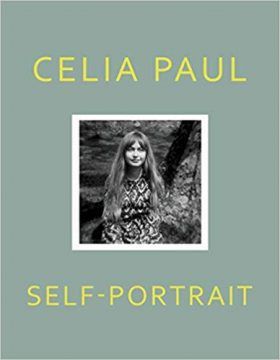Zadie Smith in the New York Review of Books:
 Accounts of the muse–artist relation were anchored in the idea of male cultural production as a special category, one with particular needs—usually sexual—that the muse had been there to fulfill, perhaps even to the point of exploitation, but without whom we would have missed the opportunity to enjoy this or that beloved cultural artifact. The art wants what the art wants. Revisionary biographies of overlooked women—which began to appear with some regularity in the Eighties—were off-putting in a different way (at least to me). Unhinged in tone, by turns furious, defensive, melancholy, and tragic, their very intensity kept the muse in her place, orbiting the great man.
Accounts of the muse–artist relation were anchored in the idea of male cultural production as a special category, one with particular needs—usually sexual—that the muse had been there to fulfill, perhaps even to the point of exploitation, but without whom we would have missed the opportunity to enjoy this or that beloved cultural artifact. The art wants what the art wants. Revisionary biographies of overlooked women—which began to appear with some regularity in the Eighties—were off-putting in a different way (at least to me). Unhinged in tone, by turns furious, defensive, melancholy, and tragic, their very intensity kept the muse in her place, orbiting the great man.
Celia Paul’s memoir, Self-Portrait, is a different animal altogether. Lucian Freud, whose muse and lover she was, is rendered here—and acutely—but as Paul puts it, with typical simplicity and clarity, “Lucian…is made part of my story rather than, as is usually the case, me being portrayed as part of his.” Her story is striking. It is not, as has been assumed, the tale of a muse who later became a painter, but an account of a painter who, for ten years of her early life, found herself mistaken for a muse, by a man who did that a lot. Her book is about many things besides Freud: her mother, her childhood, her sisters, her paintings. But she neither rejects her past with Freud nor rewrites it, placing present ideas and feelings alongside diary entries and letters she wrote as a young woman, a generous, vulnerable strategy that avoids the usual triumphalism of memoir.
More here.
